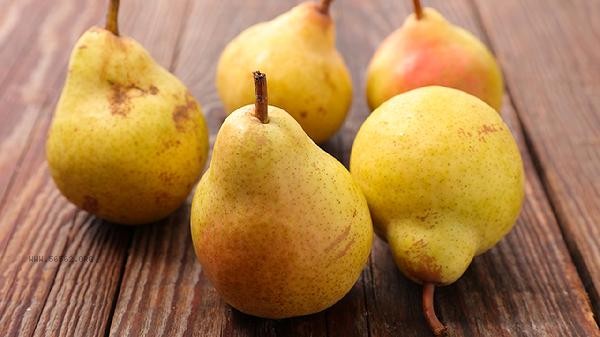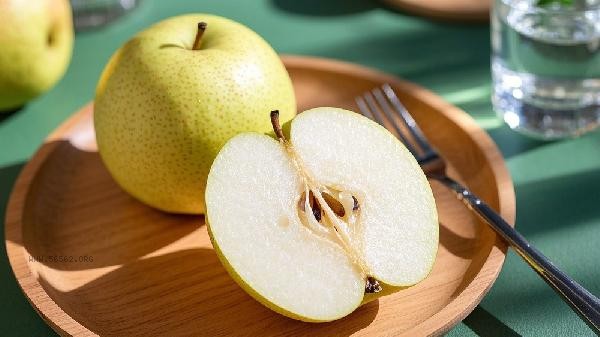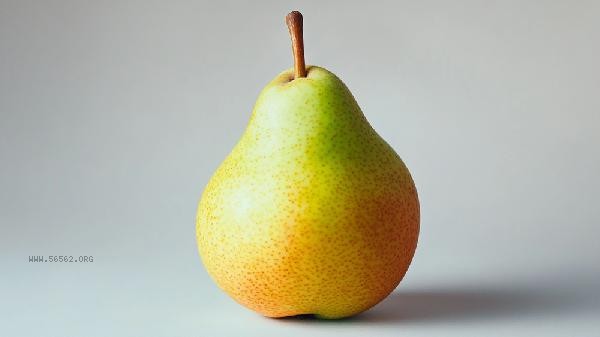Pears with black hearts are usually not recommended for consumption. Blackheart may be caused by internal spoilage, fungal infection, or frostbite, posing a food safety risk. When pears exhibit a black heart phenomenon, the flesh often undergoes oxidation or microbial contamination. Mild blackheart may only affect the local taste, but severe blackheart can cause the whole pear to become bitter and astringent, and even breed mycotoxins. If the black heart is accompanied by softening of the fruit flesh, odor, or mold spots, it indicates a high degree of deterioration and may cause gastrointestinal discomfort after consumption. Some varieties of pears may experience browning due to transportation collisions or low-temperature storage, and this uniform black core, which is not caused by mold, is usually harmless. But if the cause of the black heart cannot be determined, or if filamentous mold or rotten spots are found in the flesh, it should be discarded immediately. In special circumstances, frozen pears may have transparent black hearts after being cut open, and although the flesh is edible, its nutritional value has significantly decreased.

When purchasing pears in daily life, it is recommended to choose fruits with intact skin and no dents, and store them in a damp environment. Before consumption, carefully check the condition of the fruit pulp. If any abnormal black spots or odors are found, stop eating. For children, the elderly, and immunocompromised individuals, it is even more important to handle discolored fruits with caution. If necessary, the discolored parts can be removed and thoroughly cleaned before consumption.











Comments (0)
Leave a Comment
No comments yet
Be the first to share your thoughts!